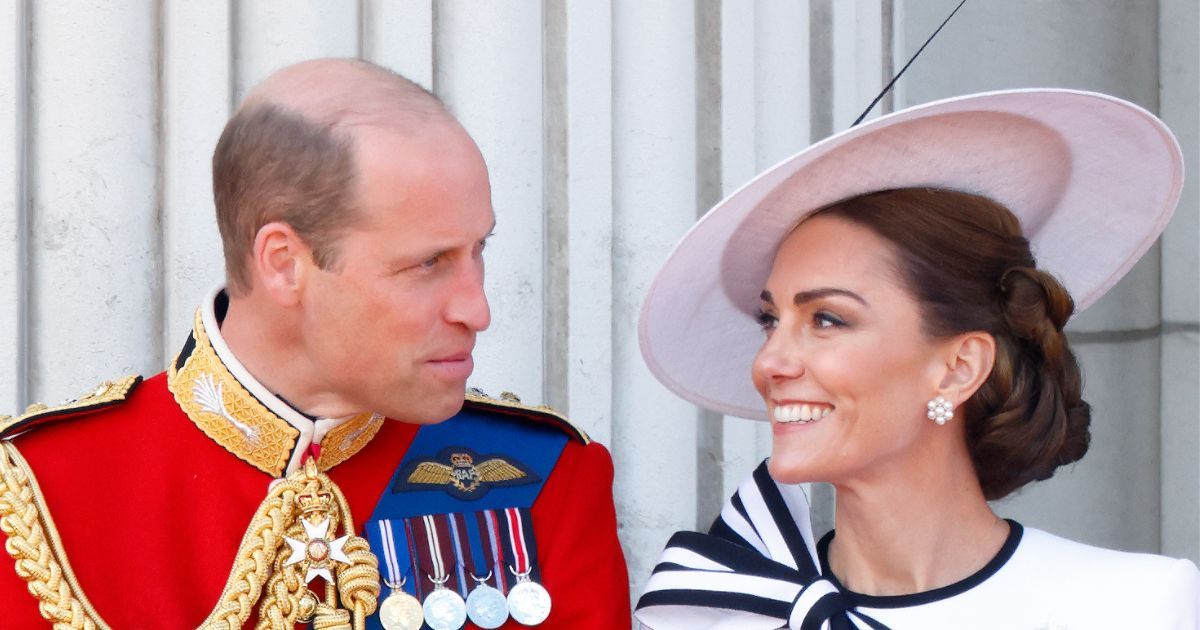
An expert has shared how you stop hair loss (Image: Getty)
A weight loss expert has revealed the common signs that the body is trying to warn you of nutritional deficiencies. Eating a balanced diet and ensuring a sufficient intake of a range of vitamins and minerals is one of the key ways of maintaining a healthy lifestyle.
However, many people can struggle to ensure their diet is varied which can lead to a range of health issues including fatigue, skin problems and hair loss.
Professor Franklin Joseph at Dr Frank's weight loss clinic said: “We all know the importance of maintaining a healthy and balanced diet but it is not always easy to do in practice. Our bodies are finely tuned machines and failing to get an adequate supply of a range of vitamins and nutrients can lead to an array of health problems.
“Common red flags of nutritional deficiencies can include a persistent feeling of tiredness, breakouts of dry, flaky skin and bleeding gums. We must pay close attention to any warning signs our bodies may be giving us and ensure we are getting the right fuel to help us lead healthy and active lives.”
In particular, the expert shared the signs of hair loss and the foods that we should include in our diet.

Red meat is good for preventing hair loss (Image: Getty)
Hair loss and brittle nails
“Hair thinning or loss is often linked to iron, zinc, or biotin (vitamin B7) deficiencies. Iron is essential for delivering oxygen to hair follicles, while zinc supports tissue growth and repair.
“Biotin deficiency can lead to hair loss and brittle nails, sometimes accompanied by a scaly rash.
“Good sources of zinc include seafood, red meat, poultry and dairy products, while biotin is found in legumes, mushrooms, avocados and egg yolks.”
The professor also shared the signs to look out for regarding tiredness, fatigue, skin flares and tongue problems.

Mushrooms are a great source of biotin (Image: Getty)
Invalid email
We use your sign-up to provide content in ways you've consented to and to improve our understanding of you. This may include adverts from us and 3rd parties based on our understanding. You can unsubscribe at any time. Read our Privacy Policy
Fatigue and weakness
Prof Joseph said: “Many of us feel tired from time to time, but a persistent feeling of fatigue may indicate a lack of iron, vitamin B12, or folate.
“These nutrients are crucial for red blood cell production, which helps carry oxygen throughout the body. Without a sufficient supply of oxygen, we can suffer from chronic tiredness, dizziness, and muscle weakness.
“Foods such as red meat, beans and lamb are good sources of iron, B12 is found in poultry, fish and nuts and seeds, while folate is found in dark green leafy vegetables, fruits and seafood.”
Skin issues
“A healthy and balanced diet, as well as drinking plenty of water, is very important to ensure good skin health.
“Dry, flaky skin or conditions like eczema can be a sign of omega-3 fatty acid deficiency, as these fats are vital for maintaining the skin's lipid barrier. Oily fish is a particularly good source to include in our diets.
“Vitamin A is essential for skin cell production, and its deficiency can result in rough, dry patches or acne. This can be found in vegetables such as carrots and butternut squash, liver, fish and eggs.”
Mouth and tongue problems
“Frequent sores in the mouth, a swollen or sore tongue, or cracks at the corners of the lips may suggest a deficiency in B vitamins, especially B2, B6, B12, or folate.
“Iron deficiency can also manifest through a pale or swollen tongue, while a lack of vitamin C can cause gum bleeding and irritation.
“Good sources of Vitamin C include citrus fruits, tomatoes, potatoes and green and red bell peppers.”
Bone pain and muscle wasting
“Calcium and vitamin D deficiencies are closely linked to bone health. A lack of these nutrients weakens bones, leading to pain, increased risk of fractures, and in severe cases, osteoporosis.
“Vitamin D is necessary for calcium absorption, and a deficiency can result in conditions like rickets in children and osteomalacia in adults.
“Calcium can be found in milk, cheese and other dairy food, as well as green leafy vegetables, while vitamin D is in oily fish, red meat and egg yolks.”
 1 month ago
9
1 month ago
9




















 English (US) ·
English (US) ·